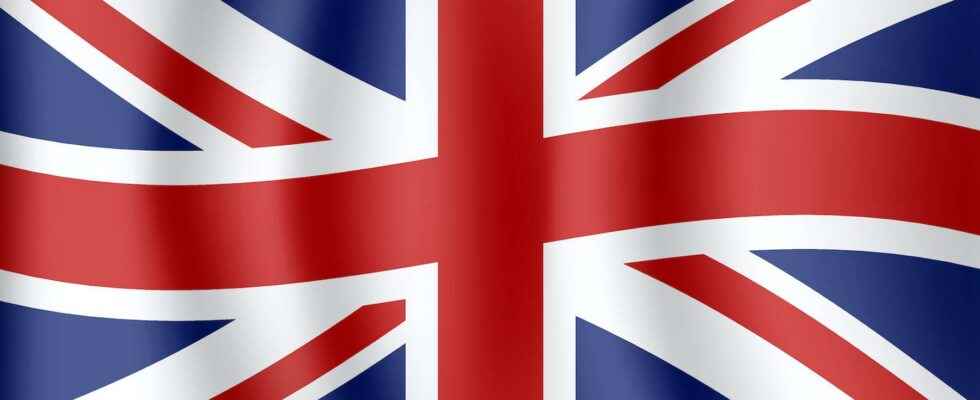The three terms are often considered interchangeable in common parlance. A confusion that greatly annoys the English, attached to their own country.
You will also be interested
The British Isles include all the islands located northwest of France on the other side of the Channel, the two main ones being Great Britain and Ireland. But they also have a large number of smaller islands, such as the Isle of Man, Shetland, Isle of Wight, the Hebrides archipelago or the Aran Islands.
England, often referred to as the country of all English people, is actually just one of four nations that make up the United Kingdom. The latter is in fact made up of four countries, each with its own Parliament or Regional Assembly, with a certain political independence:
- England, with London as its capital;
- Scotland, with Edinburgh as its capital;
- the country of Wales, with Cardiff as its capital;
- Northern Ireland, with Belfast as its capital.
The other islands are each attached to one of these countries, with some exceptions (the Isle of Man and the Channel Islands are attached to the British Crown but are not formally part of the United Kingdom).
England, the largest constituent nation of the United Kingdom
England is the most populous territory in the country, with 56.3 million inhabitants in 2019, or 84% of the total population. Great Britain refers to the largest island of the United Kingdom, which includes England, Wales and Scotland.
Of all these entities, only the United Kingdom is legally considered a unitary state, with its currency (the pound sterling), a capital (London), a head of state (the Queen of England) and a head of government. (the Prime Minister).
Also under the sovereignty of the United Kingdom are 14 overseas territories outside the British Isles, such as Bermuda, the Caiman, Gibraltar or Saint Helena. These territories are not part of the UK proper; they have one autonomy territory and have their own currency.
Interested in what you just read?
